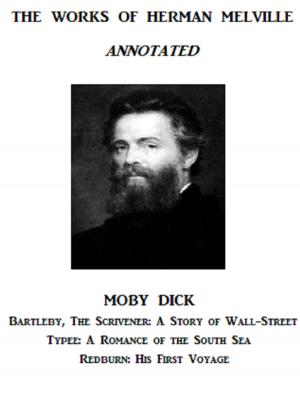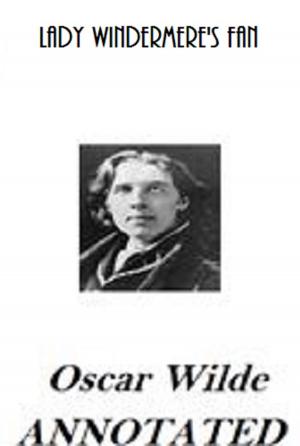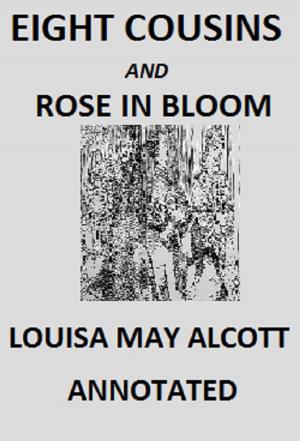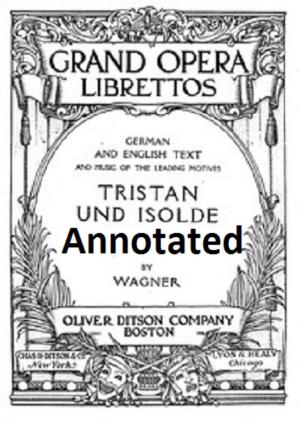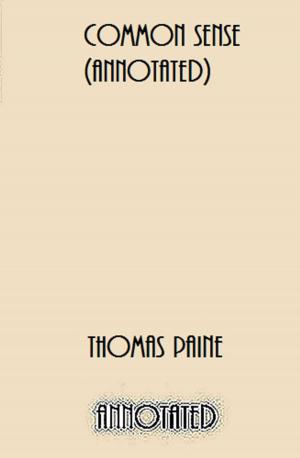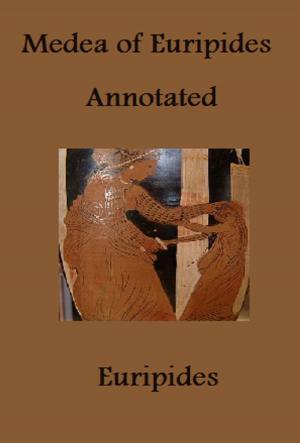All for Love; Or, The World Well Lost (Annotated)
Fiction & Literature, Drama, Continental European, Nonfiction, Entertainment| Author: | John Dryden | ISBN: | 1230000838160 |
| Publisher: | Bronson Tweed Publishing | Publication: | December 10, 2015 |
| Imprint: | Language: | English |
| Author: | John Dryden |
| ISBN: | 1230000838160 |
| Publisher: | Bronson Tweed Publishing |
| Publication: | December 10, 2015 |
| Imprint: | |
| Language: | English |
All for Love or, the World Well Lost, is a heroic work of drama by John Dryden written in 1677. Today, it is Dryden's best-known and most performed play. It is a tragedy written in blank verse and is an attempt on Dryden's part to reinvigorate serious drama. It is an acknowledged imitation of Shakespeare’s Antony and Cleopatra, and focuses on the last hours of the lives of its hero and heroine.
Combining the unities of classical theater and the style of Shakespearean drama, Dryden makes an elaborately formal production in which fashionable philosophies of the time could be discussed and debated in a public atmosphere. Dryden used the theatre as a forum for testing problematic philosophical, moral and political questions. The results of these investigations were to form the basis of his later works.
This edition has been formatted for your reader, with an active table of contents. This work has also been annotated, with additional information about the play and John Dryden, including an overview, background, synopsis, themes, information about the play's dedication and its political context, biographical and bibliographical information.
All for Love or, the World Well Lost, is a heroic work of drama by John Dryden written in 1677. Today, it is Dryden's best-known and most performed play. It is a tragedy written in blank verse and is an attempt on Dryden's part to reinvigorate serious drama. It is an acknowledged imitation of Shakespeare’s Antony and Cleopatra, and focuses on the last hours of the lives of its hero and heroine.
Combining the unities of classical theater and the style of Shakespearean drama, Dryden makes an elaborately formal production in which fashionable philosophies of the time could be discussed and debated in a public atmosphere. Dryden used the theatre as a forum for testing problematic philosophical, moral and political questions. The results of these investigations were to form the basis of his later works.
This edition has been formatted for your reader, with an active table of contents. This work has also been annotated, with additional information about the play and John Dryden, including an overview, background, synopsis, themes, information about the play's dedication and its political context, biographical and bibliographical information.
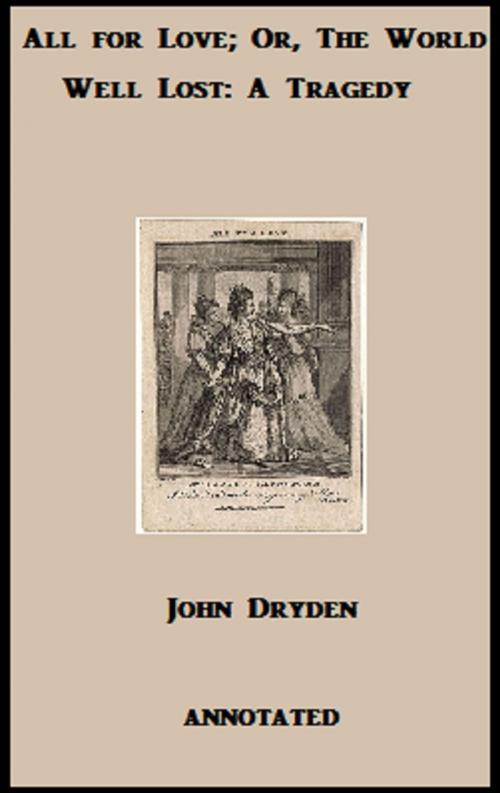
![Cover of the book Love and Freindship [sic] (Annotated) by John Dryden](https://www.kuoky.com/images/2015/september/300x300/1230000651271-2Kai_300x.jpg)


